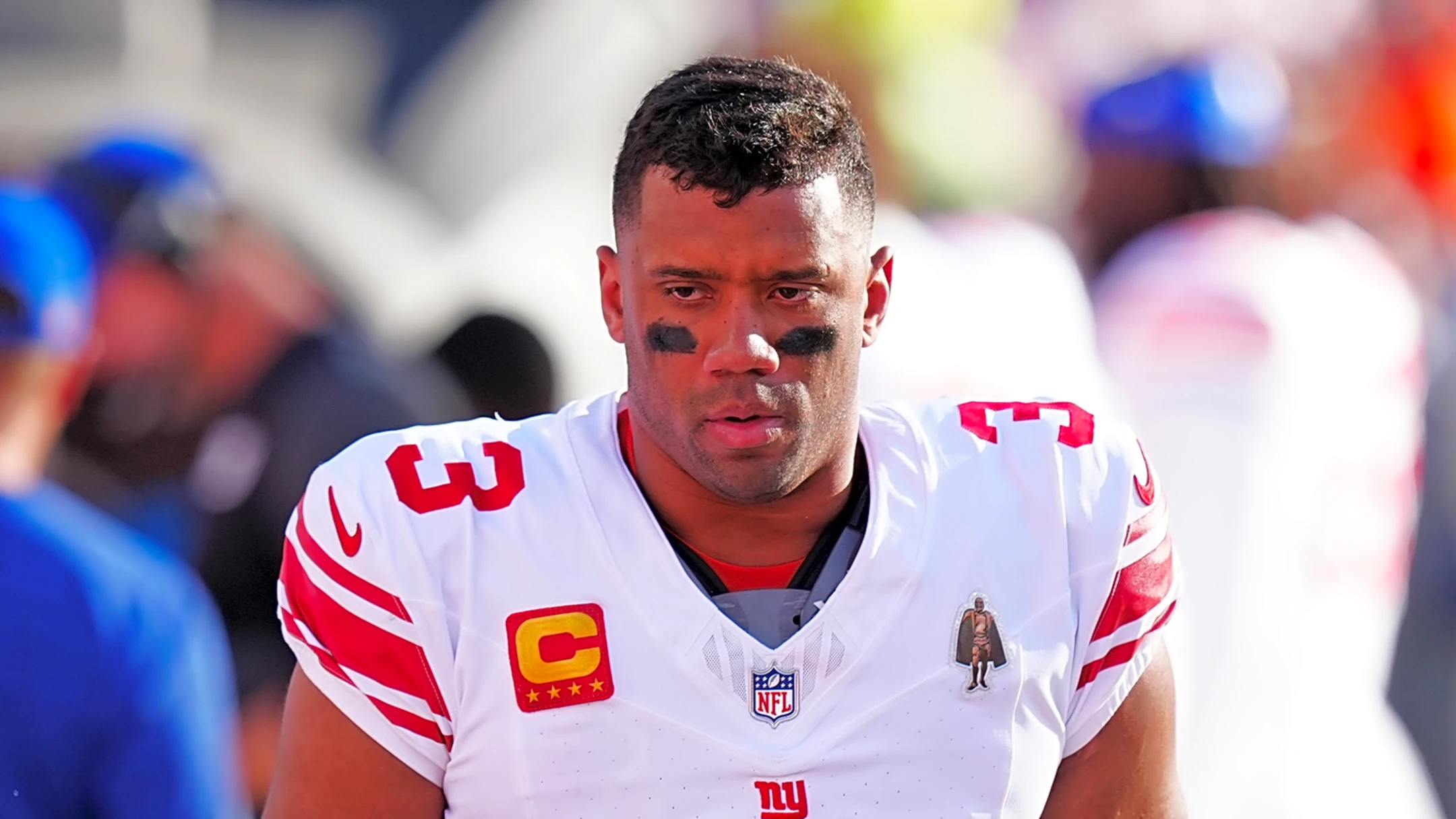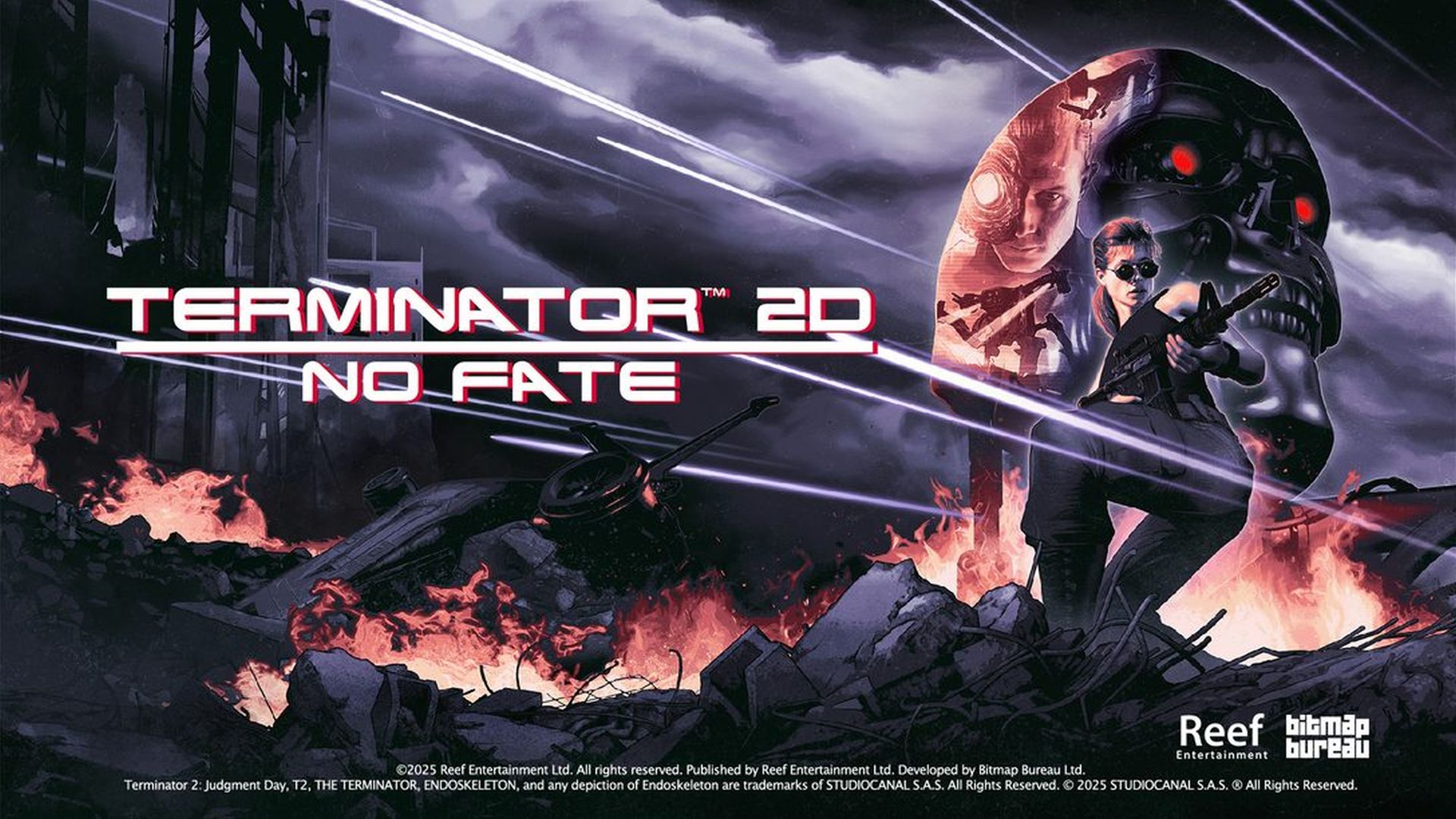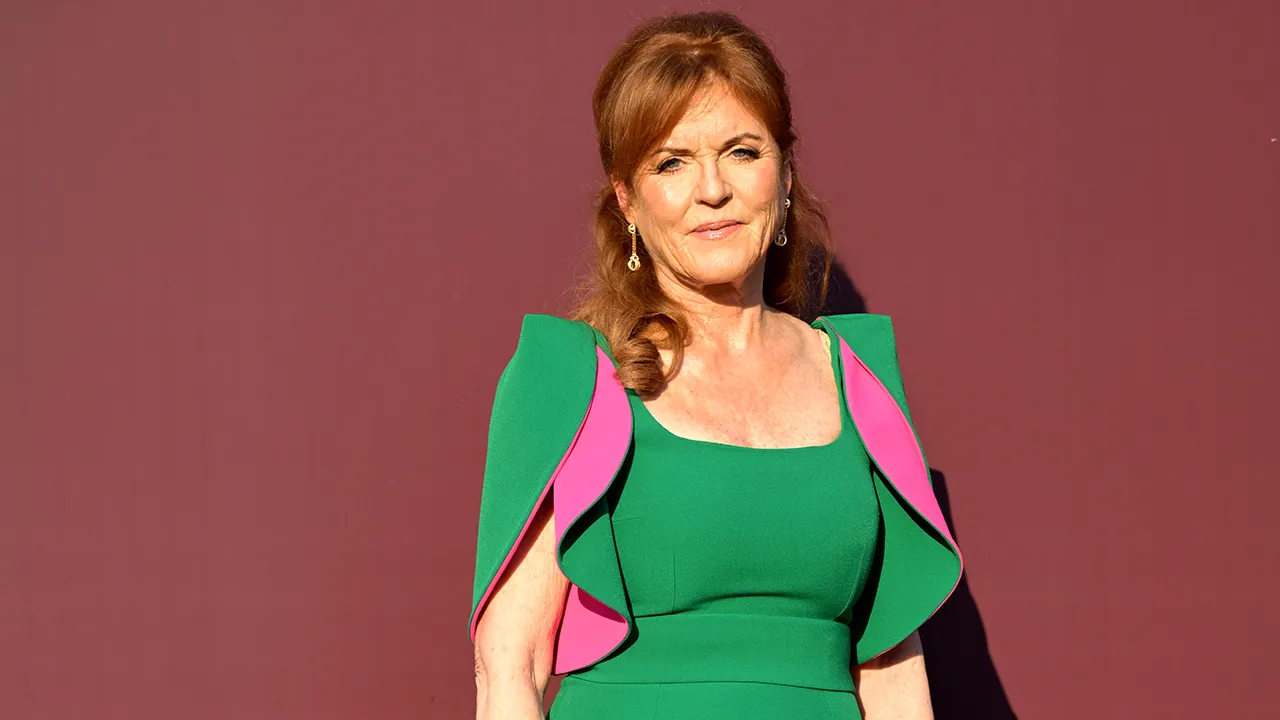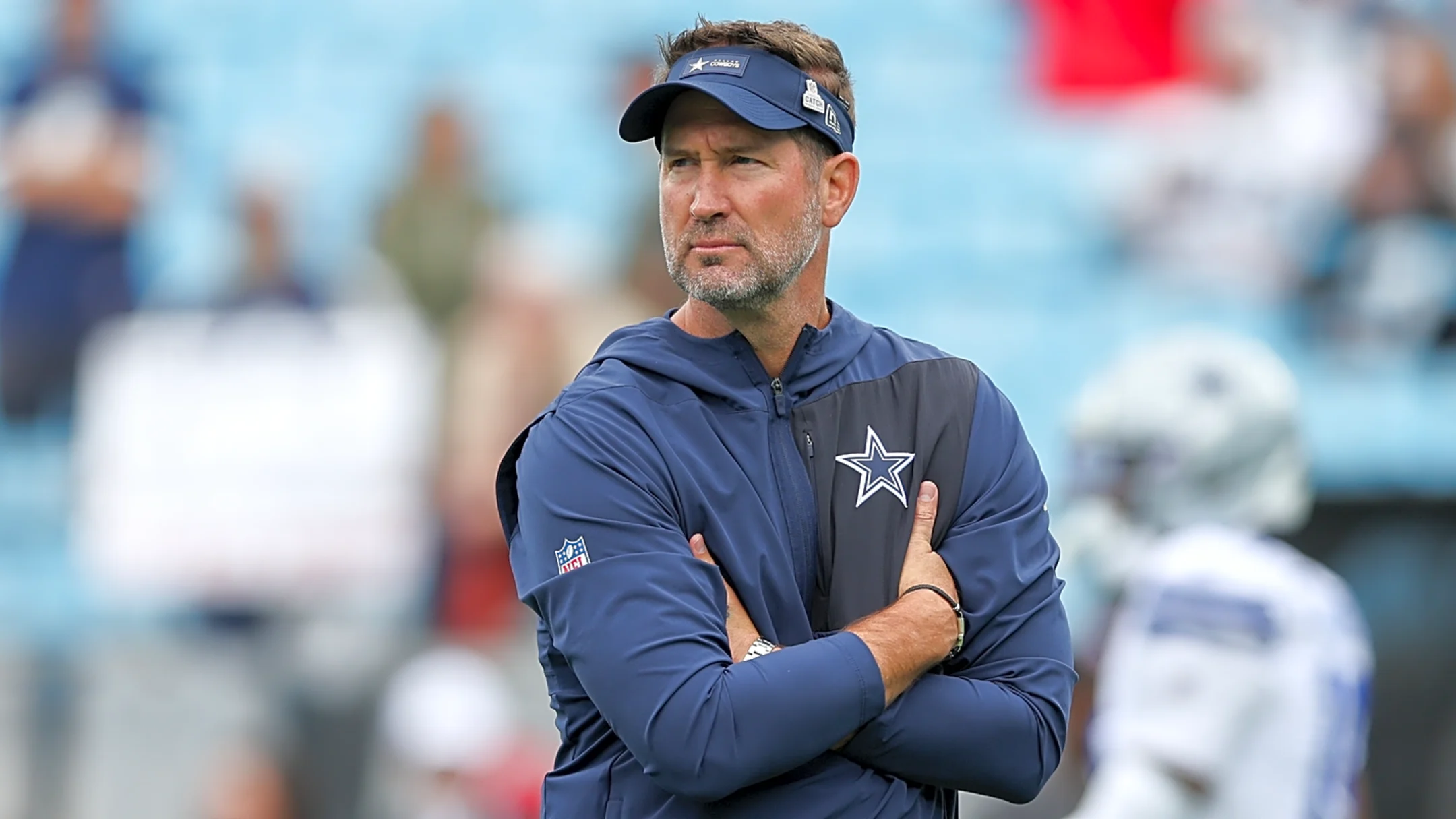Copyright Essentially Sports
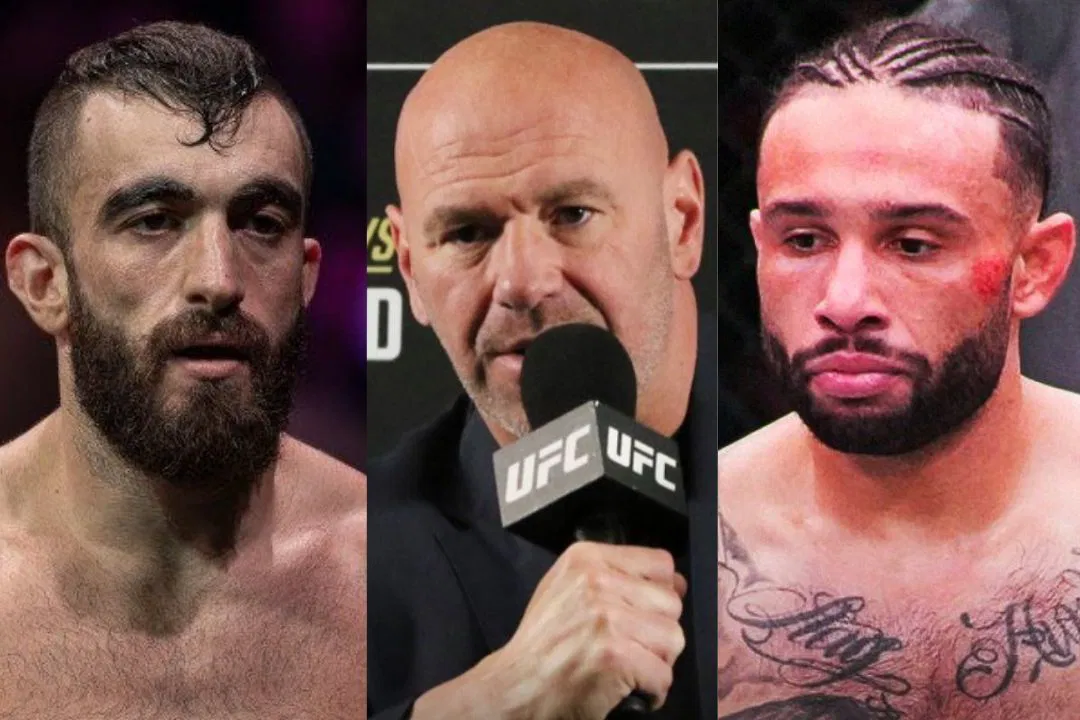
When you think of sports entertainment, of storylines, hero versus villain, athleticism, and technique, the UFC and WWE come to mind. Except that one’s a real sport, and the other’s a sports entertainment company where arcs have pre-determined outcomes. That means one sport lets you bet while the other doesn’t. Fair play. Lately, however, the UFC has been hit with a betting scandal that evokes certain moments in certain fights that raise the question of fixed fights. Of course, the world’s premier MMA promotion has a zero-tolerance policy for such instances, where a fighter, Tae Hyun Bang, was even put behind bars in Seoul, Korea, for fixing a fight back in 2015. The latest betting controversy is the one from UFC Vegas 110. The UFC is currently involved in an FBI investigation of more than 100 fights officiated by veteran referee Jason Herzog, who’s come under fire for some alleged illicit activity. Reports have confirmed this fact, but there are no details on that front. This incident has raised quite a many questions about fighters, referees, and judges who have engaged in fight fixing, and of more than one instance in the past where a fight may have been fixed. Let’s take a look at a few of these moments from recent UFC fights that appeared suspicious to the MMA community, starting with UFC Vegas 110. ADVERTISEMENT Article continues below this ad Isaac Dulgarian gets called out for intentionally losing to Yadier del Valle UFC Vegas 110 was an underwhelming card, but what caught fans’ attention was Isaac Dulgarian‘s fight against Yadier del Valle on the main card of the show. The Armenian-American fighter was the favorite to win the fight, with reports suggesting that he had an incredible training camp with some of the best fighters in the MMA world. But what happened during the fight told a different story. Dulgarian got handled early despite his takedown attempts and was dominated on the ground with his back taken repeatedly by his Cuban counterpart. He looked like he wasn’t resisting Del Valle’s attacks to get out of the situation. The broadcast team was left speechless, and Michael Chiesa went on to put the featherweight prospect on blast for making the most basic mistakes during the fight. “Del Valle just had him lost and had him out of sorts, that’s jiu-jitsu 101,” Chiesa stated during the post-fight show. ADVERTISEMENT Article continues below this ad This incident caused a massive surge of reports about the illicit fixing of certain fights on social media. Then, the FBI got involved after an unusual swing in the betting lines garnered massive attention. We’ll have to wait and see how things pan out in this situation, but let’s take a look at another fight that caused controversy, especially because of the referee. Read Top Stories First From EssentiallySports Click here and check box next to EssentiallySports Referee makes questionable call after UFC Vegas 110 eye poke After UFC 321’s main event saw Tom Aspinall get poked in the eye by Ciryl Gane, resulting in a no-contest, the same thing (eye poke) happened the following week, where it was the heavyweight champ’s teammate’s fault. Ante Delija, much like ‘Bon Gamin’, did not intentionally try to blind Waldo Cortes-Acosta. He was winning the fight until his opponent got poked. But here’s where the referee Mark Smith‘s decision comes into question. ADVERTISEMENT Article continues below this ad Unlike at UFC 321 when the referee ended the fight, at UFC Vegas 110, the referee decided to let the fight continue despite reviewing the replay. He agreed that it was an illegal move, but allowed the fight to continue anyway. When the action resumed, Cortes-Acosta was not in the cage’s red zone. Renowned coach Renato Subotic pointed out that this was an advantage for the Dominican fighter, and he capitalized on Delija’s momentum being disrupted when the referee called for a time-out. “Cortes recovered partially from the eye poke, but more importantly, he restarted the fight away from the red zone of the octagon, where Ante had been extremely successful. Right after the restart, Cortes put pressure on Ante and landed a clean right hand that changed the fight,” Renato Subotic wrote on Instagram. “It’s a very controversial situation, clearly, the eye poke from Ante wasn’t intentional, and he was winning before that moment. Many times, if a fight is interrupted, fighters lose the focus.” Let’s move on to another referee, Jason Herzog. Yes, the same Jason Herzog that the MMA can’t stop talking about. Amid allegations of his involvement in fixing fights, the 47-year-old’s referee work in the Henry Cejudo vs Song Yadong fight has come under scrutiny. Jason Herzog’s UFC Seattle controversy This is another instance of an eye poke and how the referee’s poor handling of the situation sparked a massive uproar. Towards the end of the fight between Henry Cejudo and Song Yadong at UFC Seattle, the former two-weight champion got poked in the eye by the Chinese phenom, prompting the referee to call for a time-out and allow Cejudo to recover. But when Cejudo could not continue, Jason Herzog stopped the fight and awarded Yadong a technical decision win. The decision to stop the fight and award a win to Song Yadong caused massive backlash against Jason Herzog, with some suggesting that he should have just ended the fight right there. Meanwhile, veteran referee John McCarthy would come out to defend Herzog, claiming that since the eye poke happened during the latter stages of the fight, ending the fight in a no-contest is “not better for the sport or for the UFC as a whole.” After the UFC Vegas 110 incident, fans derided Jason Herzog once again, and the veteran would respond by clarifying that he was doing what the commission told him to. “On the [Weighing In] podcast, John describes exactly why we had to go through that mechanic. It certainly was clunky, and luckily, the rules committee will make some adjustments that allow it not to be like that in the future,” Herzog wrote on X. From this one, let’s move to another fight officiated by Jason Herzog. The stoppage controversy in the Nassourdine Imavov and Jared Cannonier fight Nassourdine Imavov and Jared Cannonier headlined UFC Louisville last year. The fight went on for four rounds when the Russian-born French fighter got ‘The Killa Gorilla’ in trouble. His repeated strikes hurt the former title contender, which led referee Jason Herzog to stop the fight and award Imavov the TKO win. However, the decision appeared controversial because Cannonier didn’t seem out of the fight. The commentators backed Jared Cannonier, claiming that he could have continued because when the fight was called off, he was defending himself. The former middleweight title contender was visibly upset at the outcome. “I had to go back and rewatch the fight and really relive the whole thing all over again… It feels like the opportunity to do great things was pretty much stolen from me,” Cannonier said during an interview. The next fight on the list is yet another painful night out for Jason Herzog. It happened at UFC Abu Dhabi this year, between two featherweight fighters. Herzog’s UFC Abu Dhabi fumble Featherweight fighters Steven Nguyen and Mohammad Yahya locked horns this past July, with the fight ending controversially. Nguyen scored a TKO win over Yahya after knocking him down six times in just a single round. As a result, Yahya sustained severe injuries, with a swollen eye, before Jason Herzog finally stopped the fight. The referee’s delayed judgment prompted some critical reactions from people in the MMA space, especially veteran journalist Ariel Helwani, who unloaded on Jason Herzog. “That was awful refereeing. There’s no way that fight should’ve continued. He got knocked down one, two, three, four times, and that eye… it was disturbing,” Helwani said on his YouTube show. Well, it’s not just the fighters and referees who make decisions that seem misguided. Judges have been suspect too. So, for our last entry on the list, let’s go back a few years. Remember the UFC 282 fight between Paddy Pimblett and Jared Gordon? That fight’s outcome made for a controversial issue as well. Judge confuses fight fans with usual scorecard After two back-to-back 1st-round KO wins since making his UFC debut, the hype started to build up around Paddy Pimblett as a future star in the promotion. But it took just one fight for his hype train to derail… sort of, and that happened when Pimblett faced Jared Gordon at UFC 282. This was the fight where ‘The Baddy’ seemed like he was struggling to deal with his opponent’s strikes. The fight went the distance, and it was then that the fans in attendance and the broadcast team were surprised. Most people thought Jared Gordon won the fight, but the judges gave Paddy Pimblett a unanimous decision win, which drew a lot of heat from the fan base. What triggered the wrath of the fight community was the judges’ scorecard, which did not match the general sentiment about the fight. Even Pimblett would later admit that he got “lucky.” It would be impossible for us to talk about all the fights that ended by creating doubts about some suspicious or illicit activity. But in case you’re interested in finding out more, check out the following fights: Zhang Weili vs Yan Xiaonan at UFC 300 Kevin Holland vs Mike Mallott at UFC Vancouver Kyle Nelson vs Matt Frevola at UFC Vancouver Derrick Lewis vs Tallison Teixeira at UFC Nashville What are your thoughts about the recent betting scandal and about fixing fights in general? Are there moments that come to mind that bring into question the credibility of fighters, referees, and judges? Do let us know in the comments.
